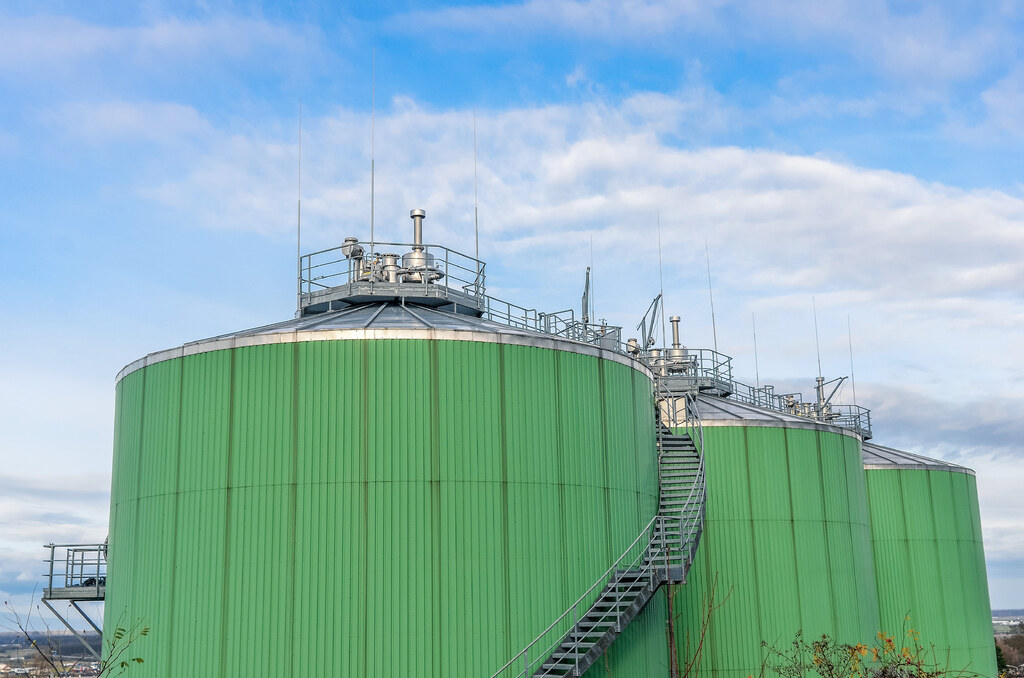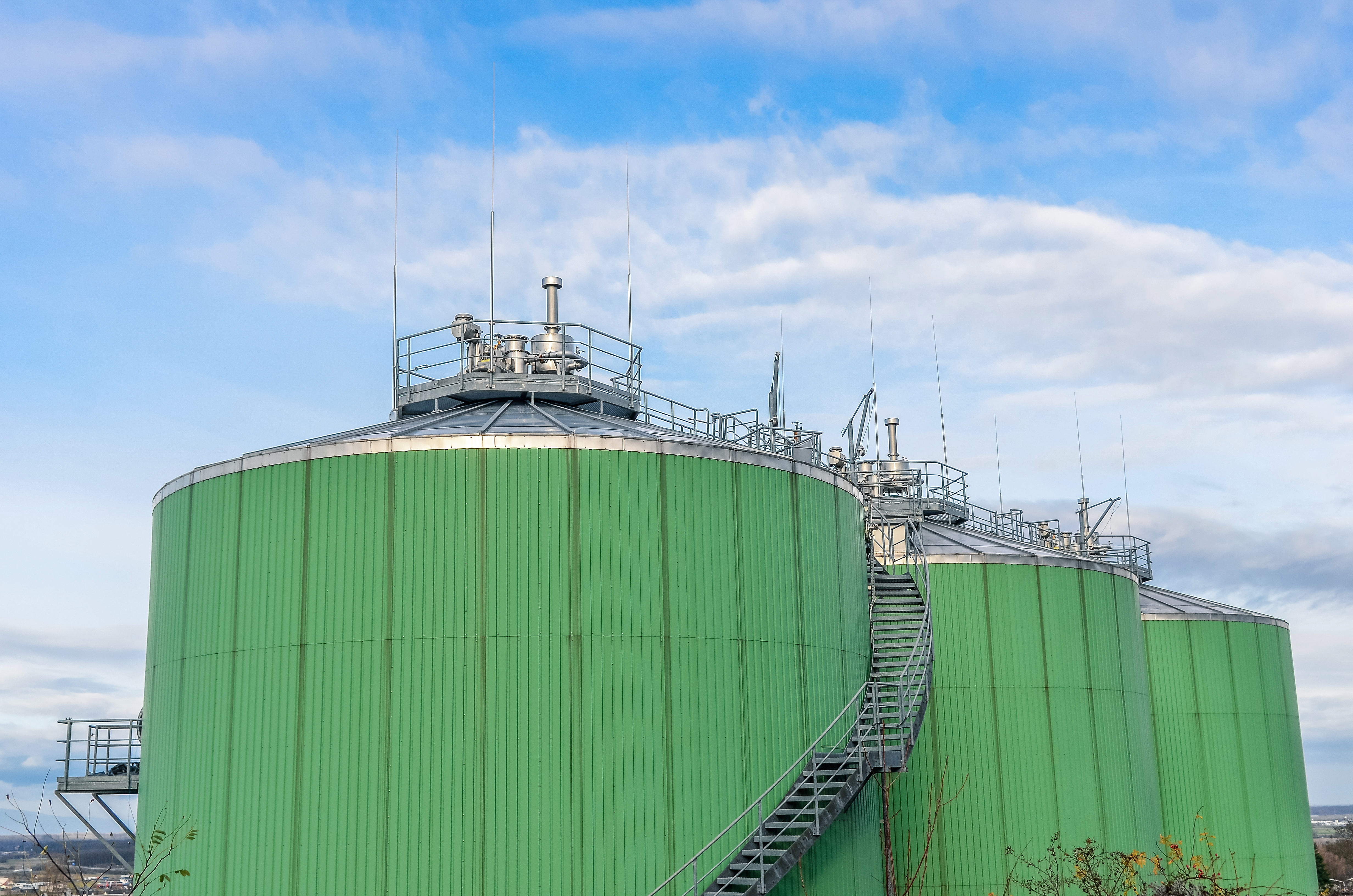
Cold-adapted biorefinery concept for energy efficient and carbon neutral valorisation of waste from food systems
The COLDREFINERY project focuses on developing new, nature-inspired approaches to improve the efficiency of bio-based production at low temperatures, using waste materials from the food system. This work contributes to…
The COLDREFINERY project focuses on developing new, nature-inspired approaches to improve the efficiency of bio-based production at low temperatures, using waste materials from the food system. This work contributes to the broader transition away from fossil-based fuels and materials—such as natural gas, plastics, and synthetic fertilisers—towards alternatives like biogas and bioplastics that are more sustainable.
Given the environmental harm caused by petroleum-derived products in the food sector, along with the finite nature of fossil resources, there is an urgent need for new technologies that allow for the production of bioenergy, fertilisers, and other materials through sustainable, bio-based methods. A key aspect of this shift is converting food system waste into valuable resources like bioenergy (for example, biogas) and organic fertilisers that can be reused in food production. However, bio-based processes in cold climates often require extra energy to maintain higher temperatures, which can reduce overall efficiency.

Photo credit: Kyrychukvitaliy.
To address this, COLDREFINERY aims to improve cold-temperature bio-based production by applying innovative strategies inspired by nature. The project will use food system waste—including food and agricultural residues—to generate biogas and volatile fatty acids in colder conditions. It will also work to recover essential nutrients like phosphorus and nitrogen. This approach will help close both energy and material loops within the food system.
In addition, the project will create a digital decision support system that combines process modelling, data analytics, and artificial intelligence to form a digital twin of the biorefinery. A user-friendly software tool will also be developed for stakeholders to monitor and manage processes effectively. The project will explore viable business models to support the large-scale adoption of this cold-climate biorefinery concept within food systems.
Ultimately, COLDREFINERY aims to establish a novel platform for bio-based production that transforms food system waste into renewable energy and useful products, replacing petroleum-based materials. This will help support the shift toward a fossil-free and sustainable future, particularly within the Nordic and Baltic regions, but also globally.

